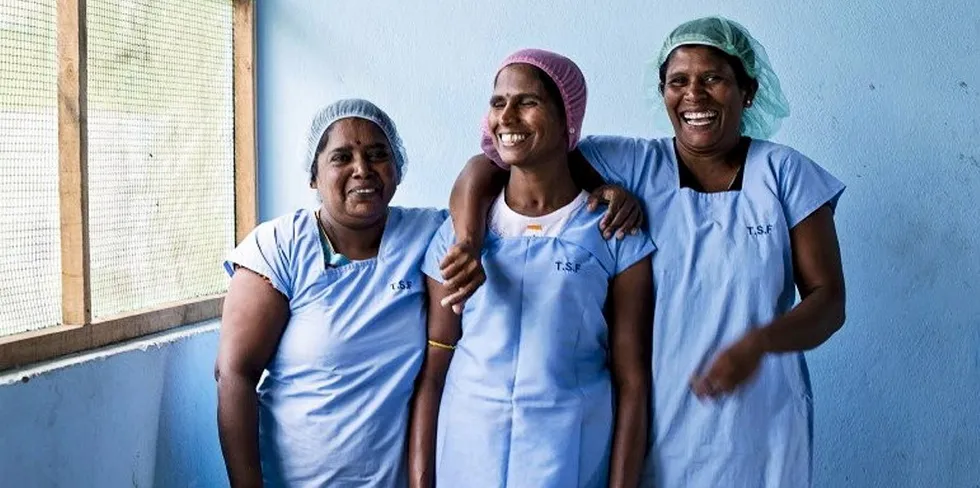Dutch fund proposes $10 million investment in Sri Lankan shrimp farmer
'Because Taprobane and Sri Lanka are relatively new players in a matured industry, they have the advantage to leapfrog with the latest technology and best aquaculture practices in the sector,' said a fund spokesperson.
